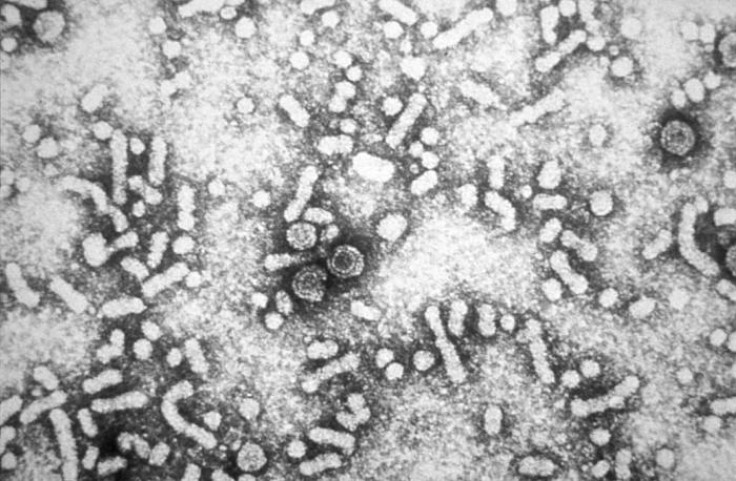Possible cure for hepatitis B that is 100% successful being tested by Australia scientists

A potential cure for hepatitis B has been discovered by scientists in Australia, with the treatment proving to be 100% successful at eliminating the virus.
Researchers used a combination of antiviral and anti-cancer drugs to destroy the hepatitis B virus (HBV), a currently incurable virus which is carried in the blood and causes inflammation of the liver.
Scientists from Melbourne's Walter and Eliza Hall Institute used birinapant – a drug currently used for treating cancer that is produced by US company TetraLogic Pharmaceuticals.
This was then coupled with the antiviral drug entecavir to clear the virus twice as fast. The combination treatment works by targeting the cell-signalling pathways that allow the virus to keep host liver cells alive.
Publishing their findings in two separate studies in the Proceedings of National Academy of Sciences, the researchers said their treatment was successful in curing infections in preclinical models, which has now led to phase 1/2a clinical trial that started last December.
"We were 100% successful in curing HBV infection in hundreds of tests in preclinical models," study author Marc Pellegrini said.
"Birinapant enabled the destruction of hepatitis B-infected liver cells while leaving normal cells unharmed. Excitingly, when birinapant was administered in combination with current antiviral drug entecavir, the infection was cleared twice as fast compared with birinapant alone. We are hopeful these promising results will be as successful in human clinical trials, which are currently underway in Melbourne, Perth and Adelaide."
Pellerini said normally liver cells respond to infection that switch on a signal telling the cell to destroy itself – preventing further infection. Their findings showed the virus commandeers the cells' internal communication and tells them to ignore the infection and remain alive: "Birinapant flips the cell survival 'switch' used by the virus, causing the infected cell to die," he explained.
HPV affects more than two billion people worldwide and it results in more than 780,000 deaths every year.
Treatments that eliminate the virus, instead of targeting it, could prevent drug-resistant strains emerging, the authors added.
Pellegrini explained: "It is relatively easy for an organism to adapt to a drug, but it is very difficult to adapt to a change in the host cell. The virus relies on the survival mechanisms of the host, so if it can't exploit them, it dies. Such a monumental change in the virus' environment may be too big a hurdle for it to adapt to."
© Copyright IBTimes 2024. All rights reserved.






